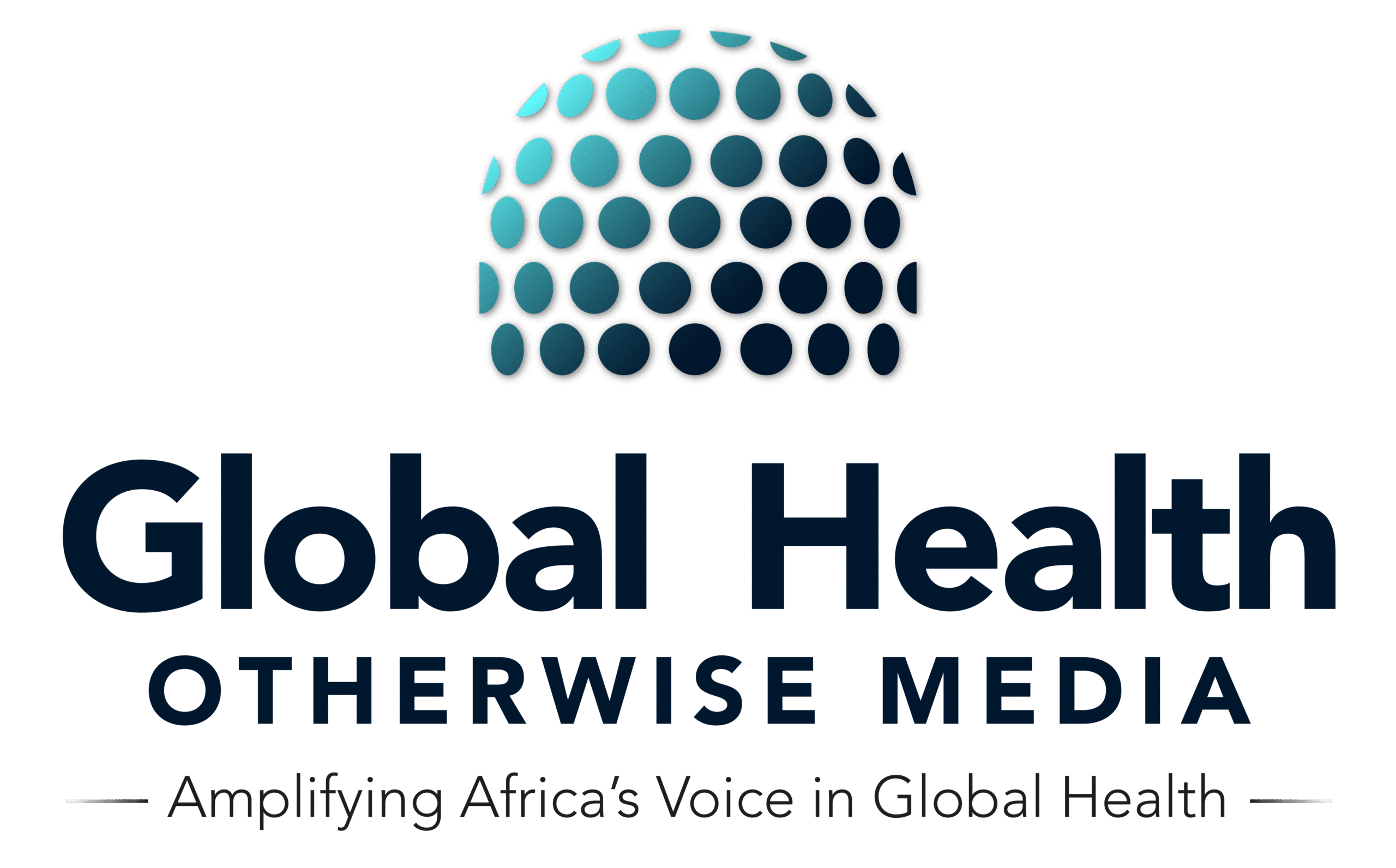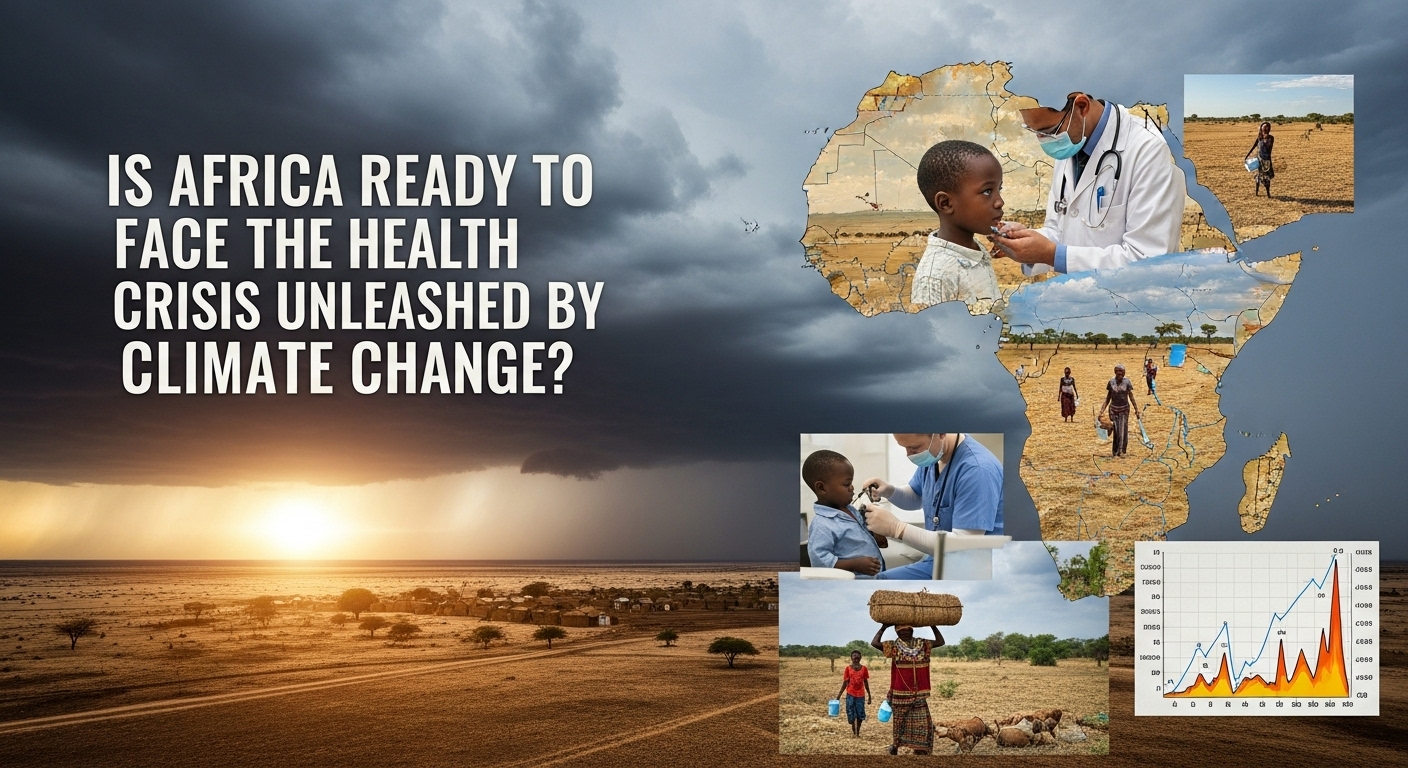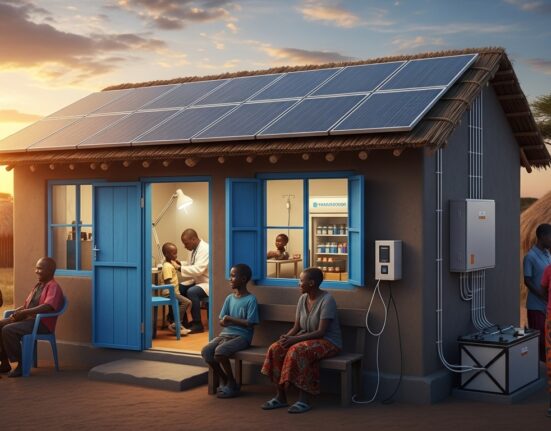Africa stands at the frontd line of a silent storm. Climate change is not just melting ice caps or raising sea levels. It is fueling a health crisis that threatens to undo decades of progress. The Africa CDC’s Climate Change and Health Strategic Framework paints a stark picture. 56% of public health events in Africa between 2001 and 2021 were climate-linked. From malaria surges in Rwanda’s highlands to cholera outbreaks in flood-ravaged DRC, the evidence is undeniable. But is Africa equipped to fight back?
The continent contributes the least to global emissions yet bears the heaviest burden. Rising temperatures expand mosquito habitats, droughts cripple food systems, and floods spread waterborne diseases. Health systems, already strained, now face a dual challenge: saving lives while adapting to a changing climate. The Africa CDC’s plan is bold. Prioritizing vector-borne diseases, heatwaves, and food insecurity. But execution hinges on two critical gaps. Funding and political will.
Money talks, but Africa’s health budgets whisper. The framework needs $482 million over five years, yet climate-health initiatives remain starved of resources. Without urgent investment, early warning systems will fail, vaccines will sit on shelves, and communities will drown in preventable suffering.
Political leaders must move beyond rhetoric. Health ministries need seats at climate negotiation tables. National adaptation plans must prioritize hospitals, not just highways. Communities, armed with knowledge, can turn the tide. But only if governments listen.
Africa’s voice in global health is rising, but will it be heard in time? The clock is ticking. Climate change won’t wait, and neither should we.


